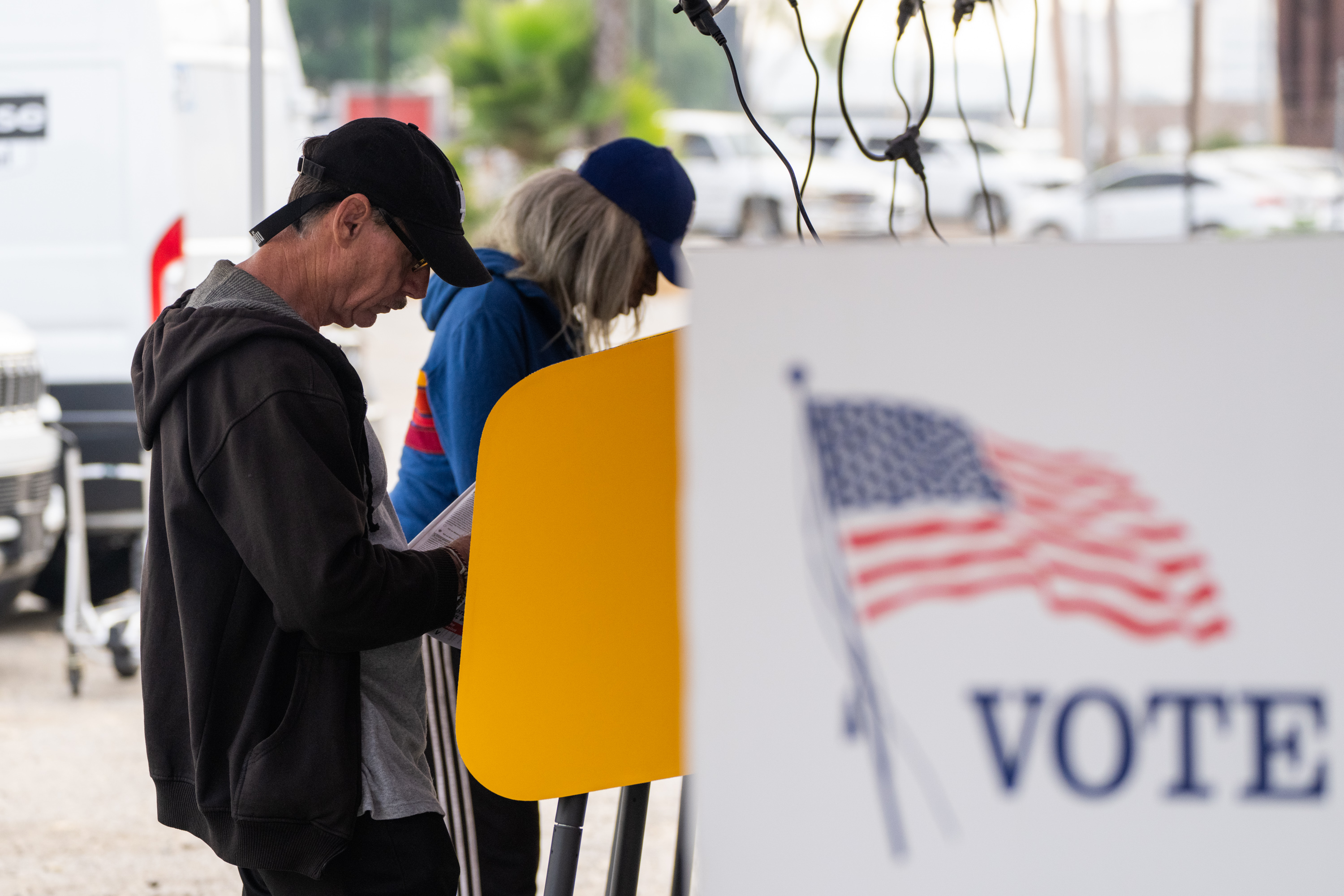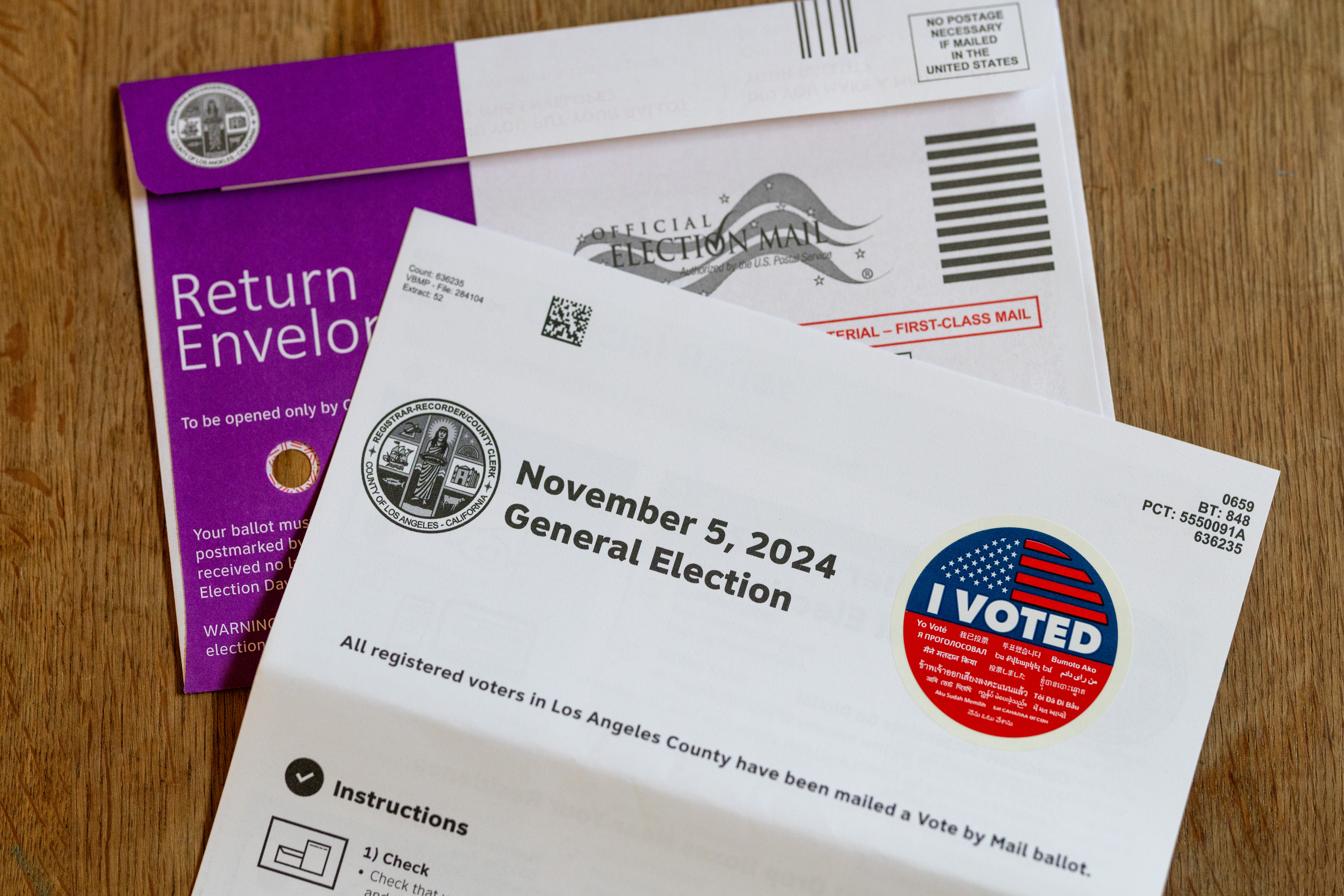What to Know
- Prop 6 would have eliminated a provision in the California constitution that allowed forced labor as a punishment for crime.
- Colorado, Tennessee, Alabama and Vermont are among states that have already voted eliminate similar forced labor exemptions.
- The ballot proposition was one of 10 voted on by Californians in the November election.
A California ballot proposition that would have amended the state constitution to ban forced prison labor has failed.
Prop 6 was one of 10 statewide props on the November election ballot in California. As of Monday, 54 percent of voters rejected the measure with 46 percent casting a vote in support.
Get top local stories in Southern California delivered to you every morning. Sign up for NBC LA's News Headlines newsletter.
The state constitution already prohibits so-called involuntary servitude. The exception that allows it to be used as a punishment for crime became the focus of criminal justice advocates, leading to Prop 6 appearance on the ballot
"While the voters of California did not pass Proposition 6 this time, we have made significant progress," Abolish Slavery National Network co-founder Jamilia Landsaid in a statement. "We are proud of the movement we have built, and we will not rest until we see this issue resolved once and for all."
Prisoners are often paid less than $1 an hour for labor such as fighting fires, cleaning cells and doing landscaping work at cemeteries.
The failed Proposition 6 was part of a package of reparations proposals introduced by California lawmakers in 2024. They were part of an effort to address a history of discrimination against Black Californians.
Colorado, Tennessee, Alabama and Vermont are among states that have already voted eliminate similar forced labor exemptions in their constitutions. Nevada passed a measure in the November election.
The 13th Amendment of the U.S. Constitution also bans slavery and involuntary servitude except as a punishment for crime.
Proposition 6 saw the second-least campaign spending among the 10 statewide initiatives on the ballot this year, about $1.9 million, according to the California Secretary of State’s office. It had no formal opposition.



